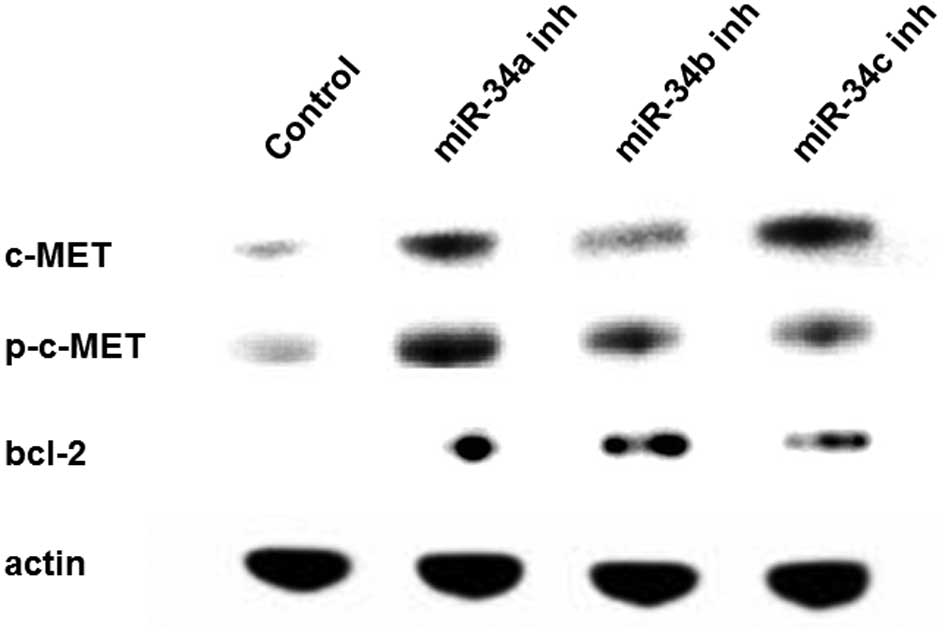- Home
- 34a vs 34b
- Downregulation of microRNA-34 induces cell proliferation and invasion of human mesothelial cells
Downregulation of microRNA-34 induces cell proliferation and invasion of human mesothelial cells
4.5 (604) · $ 15.50 · In stock
Malignant mesothelioma (MM) is an aggressive tumor with a dismal prognosis, and the molecular alterations involved in this disease remain unknown. We previously reported that microRNA-34s (miR-34s) are methylated and downregulated in MM and may play an important role in the carcinogenesis of MM. In this study, we downregulated miR-34s in human mesothelial cells to investigate the cellular effect of miR-34 knockdown. For the cell study, we used LP-9, a human mesothelial cell line, and three human primary-cultured mesothelial cell lines. RNA-based miR-34a, -34b and -34c inhibitors were transfected into these cells, and their effects on proliferation and invasion were evaluated. A scramble RNA oligonucleotide was used as a control. The protein expression status was estimated using western blotting. After miR-34 inhibitor transfection, miR-34a, -34b and -34c were downregulated in all the examined mesothelial cell lines. miR-34 inhibitor transfection significantly increased cell proliferation in all of the mesothelial cell lines, compared with the scramble control. The invasive ability also increased in the miR-34 inhibitor transfectants, compared with the scramble control, in the LP-9 cell line. Western blotting confirmed the upregulation of c-MET, phospho-c-MET, and bcl-2 proteins in LP-9 cells after miR-34 inhibitor transfection. In conclusion, our study showed that the downregulation of miR-34s induced an oncogenic phenotype in non-malignant mesothelial cells. The present study, together with the results of our previous report, strongly suggest that miR-34s play an important role in the early carcinogenic process involved in the transformation of human mesothelial cells to MM.
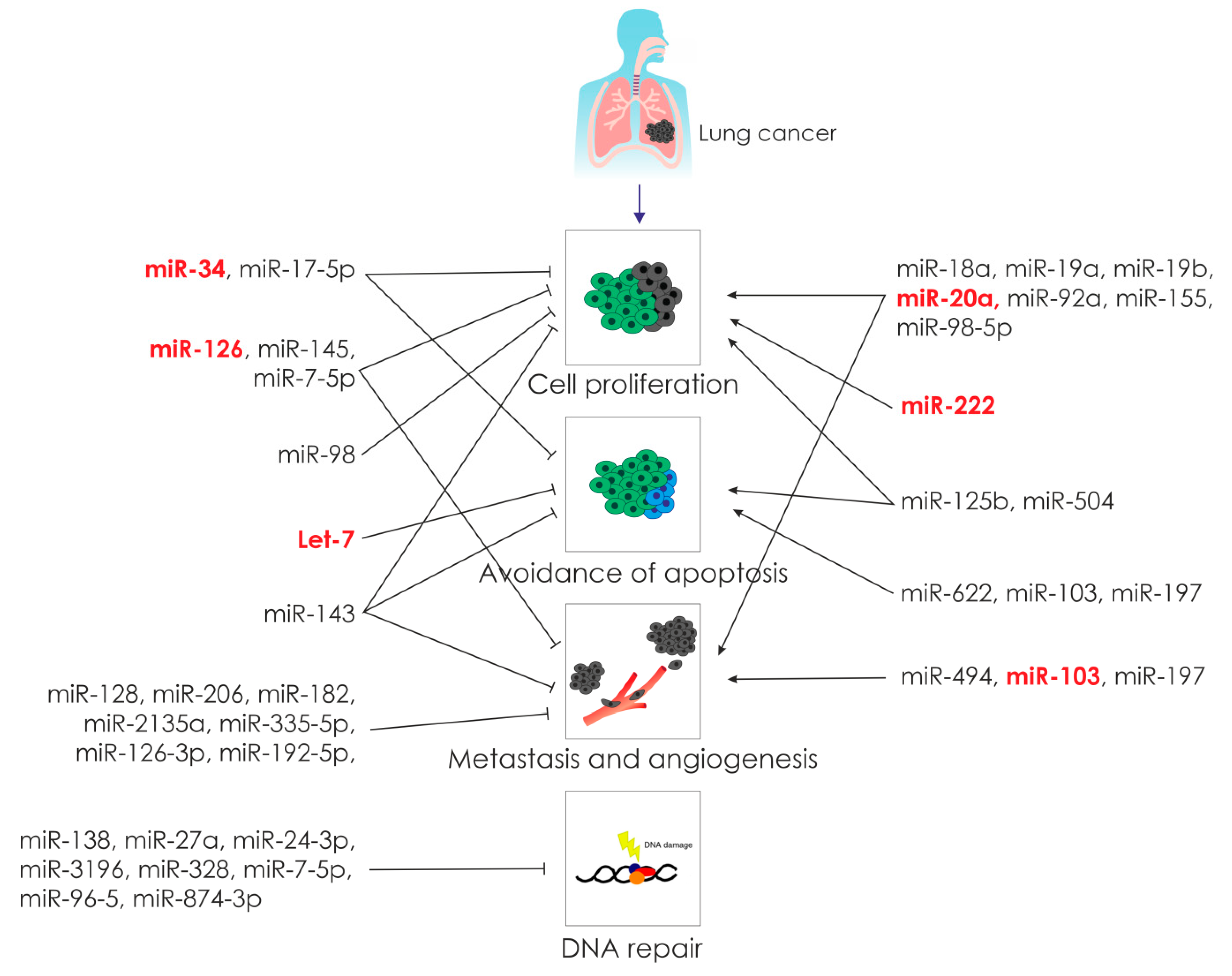
JPM, Free Full-Text

Methylglyoxal, a Highly Reactive Dicarbonyl Compound, in Diabetes
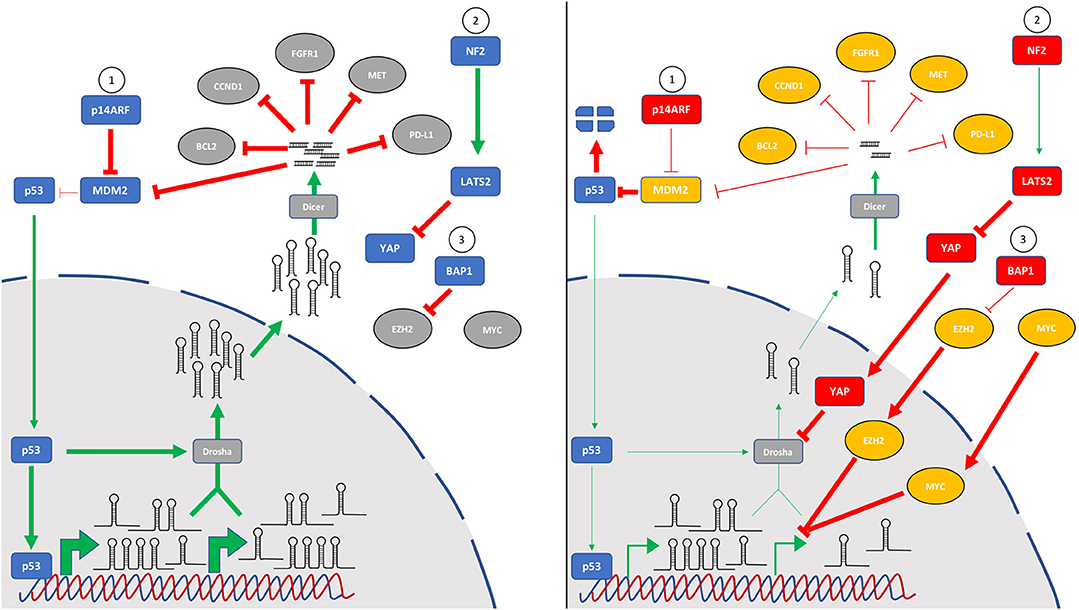
Frontiers Manipulating microRNAs for the Treatment of Malignant Pleural Mesothelioma: Past, Present and Future
MicroRNAs as potential biomarkers in malignant pleural mesothelioma. - Document - Gale OneFile: Health and Medicine

Deciphering signaling pathway interplay via miRNAs in malignant pleural mesothelioma - ScienceDirect

PDF) Abstract 187: Down-regulation of microRNA34 induces cell

The Role of TGF-β/SMAD Signaling in Hepatocellular Carcinoma: from
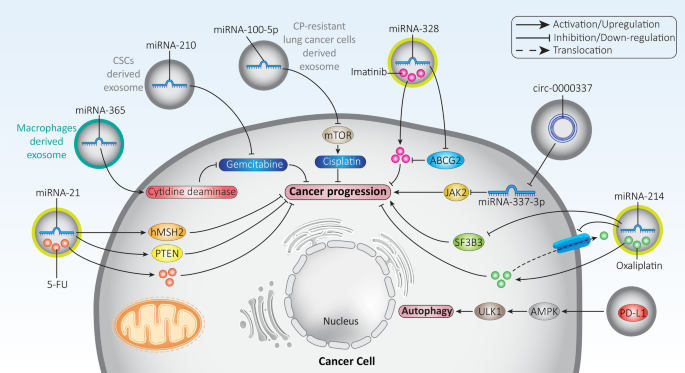
Emerging role of exosomes in cancer progression and tumor

Frontiers Manipulating microRNAs for the Treatment of Malignant Pleural Mesothelioma: Past, Present and Future
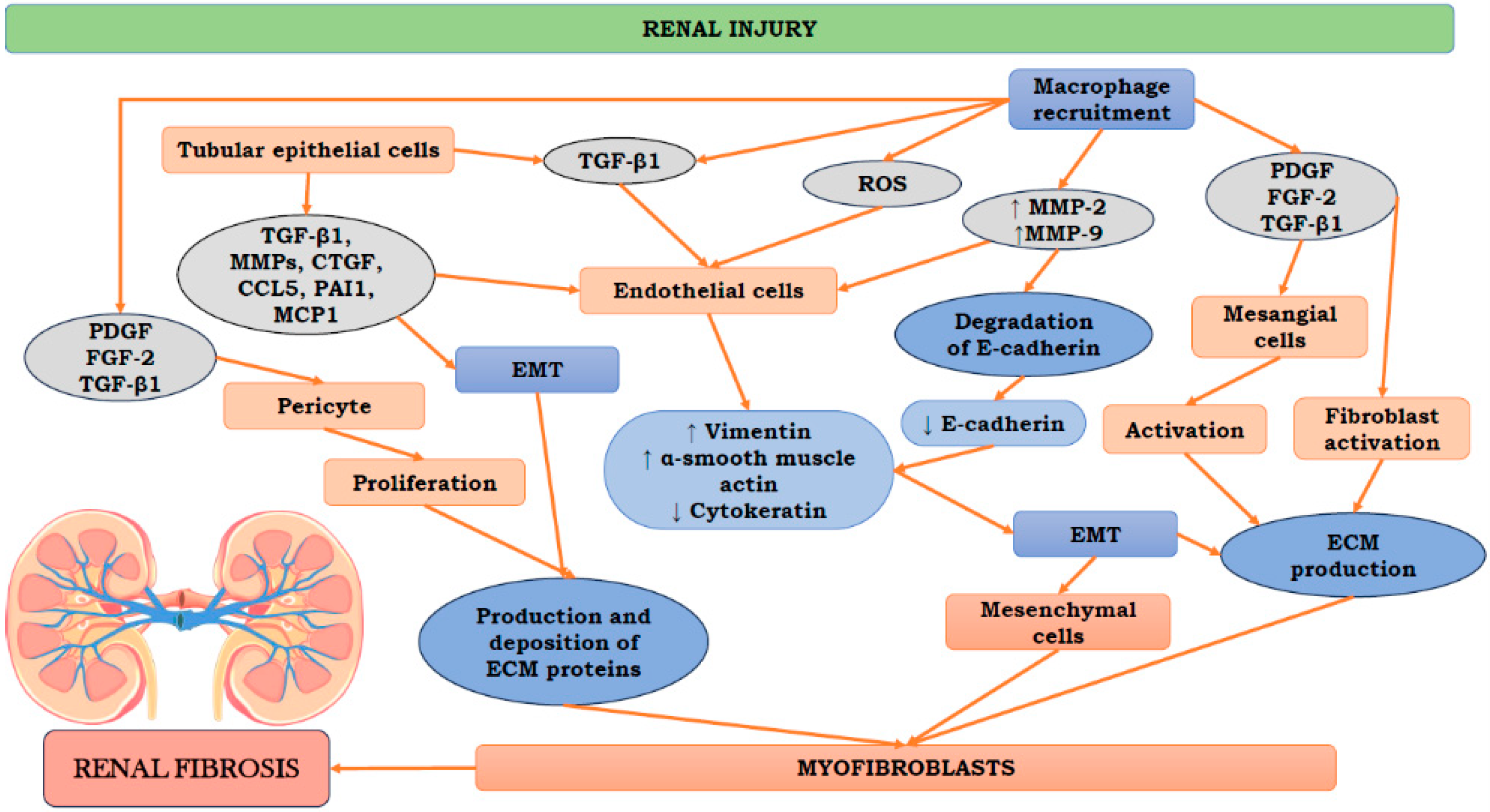
Biomedicines, Free Full-Text

Active Secretion of Dimerized S100A11 Induced by the Peroxisome in Mesothelioma Cells

miR-200b/c attenuates lipopolysaccharide-induced early pulmonary

miR-34a inhibits the invasion of DMPM cells. Cells were












